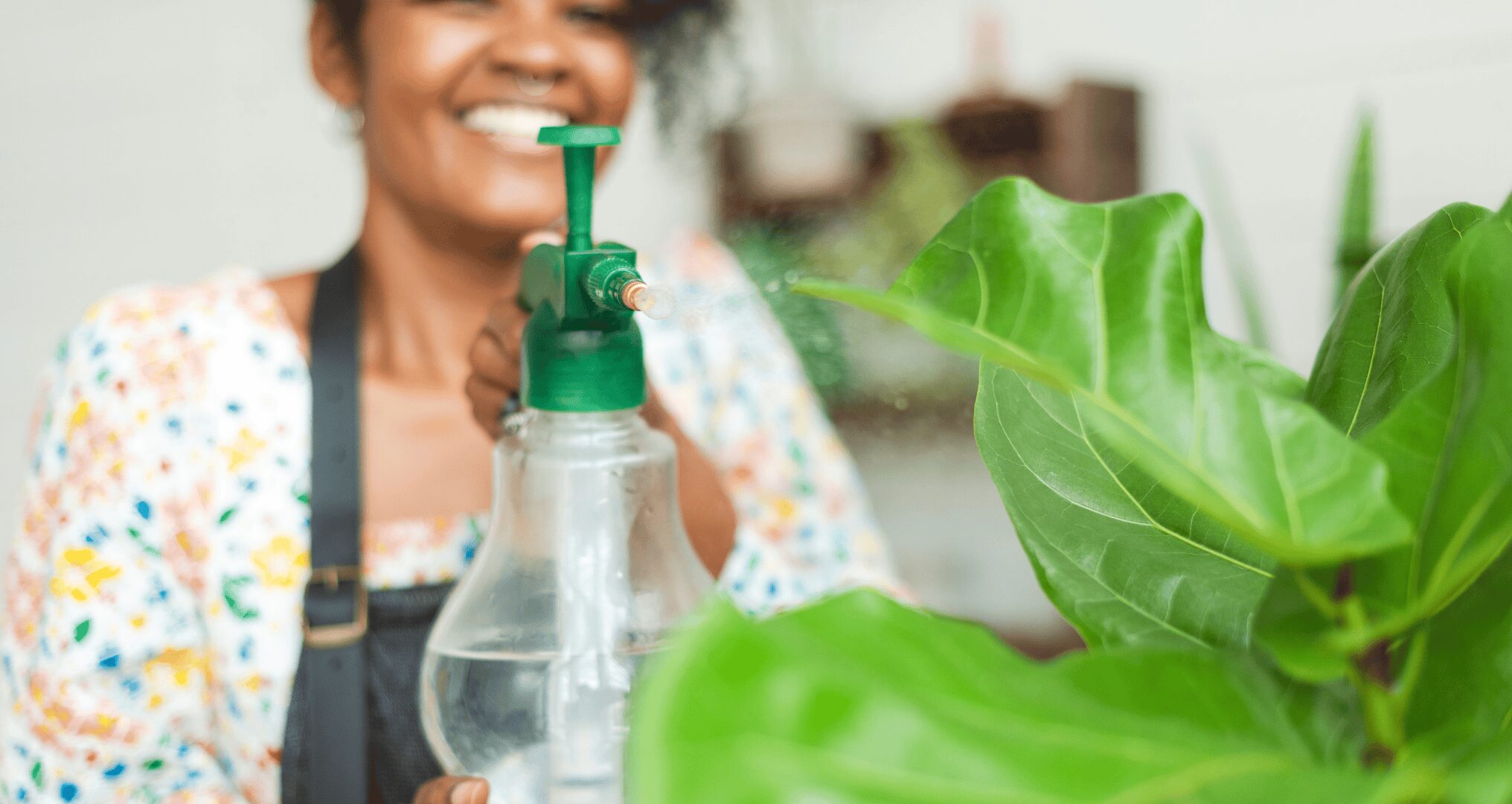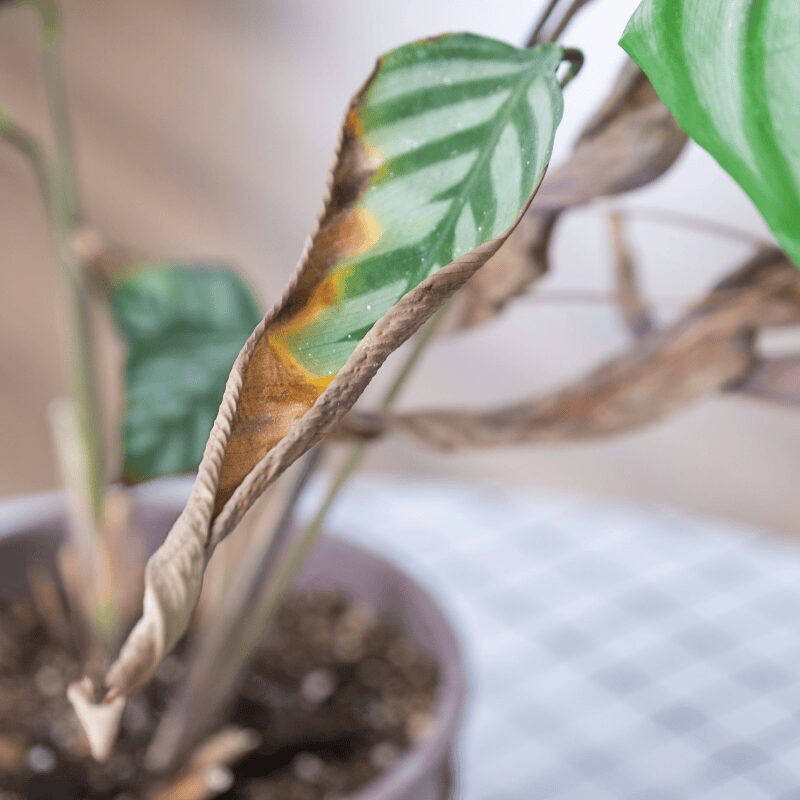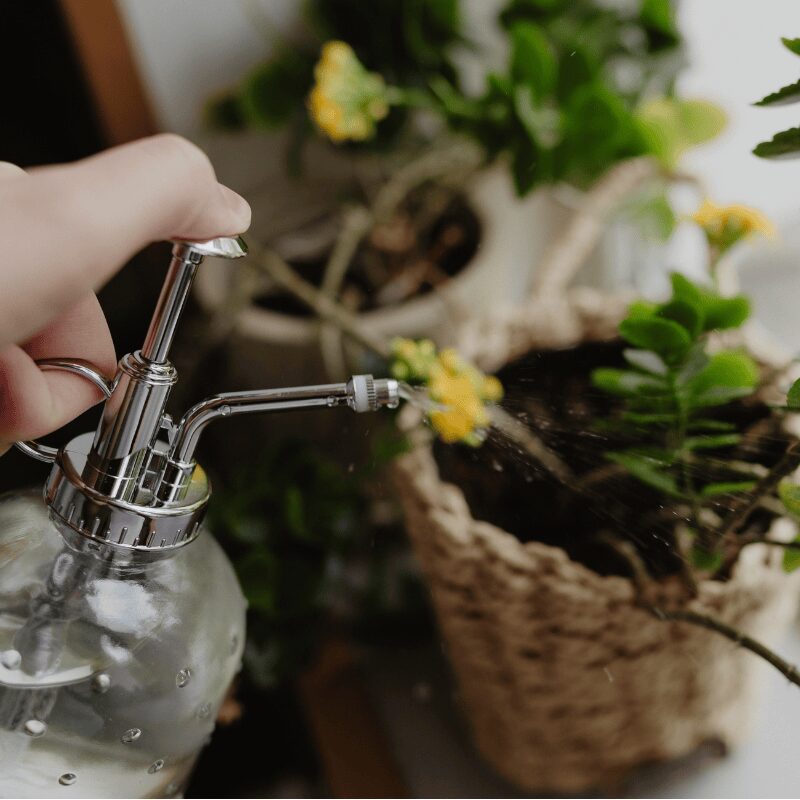How Water Quality in Southern Texas Affects Your House Plants

Water is the essence of life for our house plants. When we turn on the tap to give them a drink, it may seem like a simple gesture, but the quality of that water can profoundly impact the health and vitality of our green companions. This impact is especially noticed in regions such as Southern Texas, where water quality can be quite diverse due to environmental and geographical factors.
So, today, Aqua Clear Water Solutions explores the effects of water quality in Southern Texas, particularly along the Rio Grande Valley, on the plants in your home and what you can do to ensure the water you use is beneficial rather than detrimental.
Understanding Water Quality
The water we use for our plants plays a larger role than just providing hydration. It is a carrier of essential nutrients and oxygen, affecting the pH balance of the soil, and can also introduce harmful elements or chemicals. In Southern Texas, the illustration of this interplay is particularly salient due to the unique water landscape.
Southern Texas includes parts of the Rio Grande Valley, an area that struggles with water supply and quality issues. Understanding these challenges is crucial because they influence plant life on a significant scale.
Factors Influencing Water Quality in Southern Texas
Water quality is influenced by various factors, including the source of the water, agricultural runoff, industrial discharge, and naturally occurring elements such as sulfates and chlorides. In Southern Texas, the proximity to the Gulf of Mexico and high concentrations of agricultural usage have a substantial impact on water quality. Alkalinity, salinity, and hardness levels are often at the forefront of concerns, reflecting a difficult balancing act for effective plant growth.
Effects of Water Quality on Plant Growth and Vitality
Plants are sensitive to changes in their environment, and water quality is no exception. High salinity can hinder the uptake of nutrients, leading to deficiencies that show up in the form of stunted growth, yellowing leaves, or leaf drop. Alkaline water can raise the soil pH, affecting the availability of certain nutrients, particularly those critical for acid-loving plants.
Signs of Poor Water Quality
Visual Cues in House Plants Indicating Water Quality Issues
Plants are excellent indicators of the water they receive. If you notice a white crust on the soil or the rim of your pot, it could be a sign of high mineral content in your water. Browning leaf tips, often spotted in the middle of the leaf, purple tinting on the underside of leaves, or the gradual wilting of plants after a watering are all signs that something might be wrong with the water quality.
Why Plants Don’t Do Well with Poor-Quality Water
Poor-quality water can have a detrimental effect on plants because it can disrupt their internal balance and hinder their ability to function properly. Plants absorb water not just for hydration but also to take in nutrients essential for their growth and development. When the water contains high levels of salts, heavy metals, or other contaminants, it can create an osmotic pressure that makes it difficult for plants to absorb water efficiently. This can lead to dehydration despite adequate watering.
Additionally, some contaminants in water can directly damage plant tissues, leading to symptoms such as browning leaf tips or overall wilting. Over time, the cumulative effect of using poor-quality water can weaken plants, make them more susceptible to disease, and inhibit their growth, leading to a less vibrant and healthy home environment. Understanding the specific water quality issues in Southern Texas and taking steps to mitigate them can thus play a crucial role in ensuring the vitality and longevity of house plants in the region.
Improving Water Quality for Plants

Water Filtration Options
One effective method to counteract the effects of poor water quality on house plants is to use water filtration systems. When choosing a filtration option, it’s crucial to look for systems that can reduce or eliminate harmful contaminants specific to your water source, such as heavy metals, chlorine, chloramines, and excessive minerals that lead to hardness. Filtration systems are beneficial for house plants by providing them with cleaner water that is free of elements that could hinder their growth or cause damage over time.
Aqua Clear Water Solutions offers Kinetico water filtration solutions and specialty filters that are particularly adept at addressing a wide range of water quality issues faced by Southern Texas residents. These systems are designed not only to improve the overall quality of tap water but also to ensure that the water used for gardening and house plants promotes healthy growth and vitality. By eliminating undesirable constituents from your water, Aqua Clear’s Kinetico specialty filter solutions help create a more conducive environment for your plants to flourish, leading to a greener, more vibrant indoor garden.
Adjusting pH Levels
Adjusting the pH levels of water used for house plants can have a significant impact on their health and growth. The pH level of water can influence the soil’s pH, which in turn affects the plant’s ability to absorb nutrients. Water that is too alkaline or too acidic can restrict the availability of essential nutrients, leaving plants malnourished, even if the soil is rich in nutrients. This is why pH balance matters greatly in horticulture. The right water filtration system can play a pivotal role in this regard. It can modify the pH level of the water to match the optimal range for plant health, thereby ensuring that your plants have access to the nutrients they need from the soil. Systems like those offered by Aqua Clear Water Solutions can be equipped with pH-adjusting filters that neutralize excessive acidity or alkalinity in tap water, making it perfect for watering house plants and sustaining their vibrant growth and vitality.
Proper Watering Techniques
Lastly, employing proper watering techniques is essential for maintaining the health and longevity of your plants, as both overwatering and underwatering can lead to serious issues. Proper watering goes beyond simply keeping the soil moist; it involves understanding the unique water needs of each plant type, the soil’s ability to retain water, and the environmental conditions. To gauge how much water a plant should be getting, consider these three tips:
- Check the soil moisture by feeling it about an inch below the surface; if it’s dry, it’s time to water.
- Be mindful of the pot size and material since smaller pots dry out faster than larger ones, and clay pots allow for more evaporation than plastic pots.
- Observe your plant’s leaves; drooping often indicates a need for water, but check the soil first to ensure it’s not suffering from overwatering.
Mastering these watering subtleties can dramatically impact your plants’ vitality and growth, leading to a thriving indoor or outdoor garden.

Give Your Plants the Right Water Today!
Water quality is an often overlooked but crucial factor in the well-being of your house plants. Understanding and managing the water you use to nurture your green friends is a significant step towards creating an indoor garden that thrives. For those living in areas like Southern Texas, paying attention to water concerns is not just about the plants – it’s about the entire ecosystem you’re cultivating within your walls.
Your Content Goes By recognizing the signs of poor-quality water, investing in the right filtration methods from Aqua Clear Water Solutions, and adopting proper watering techniques, anyone can ensure that the water they provide enhances, not hinders, the life of their house plants. In the end, the health of your plants mirrors the careful attention you give to the quality of their most vital resource—water.
Contact us today to learn more about all of our Kinetico drinking water options or commercial water solutions.
